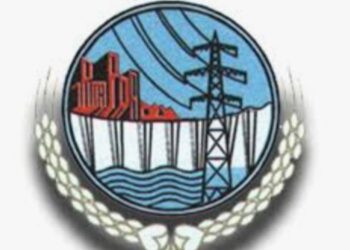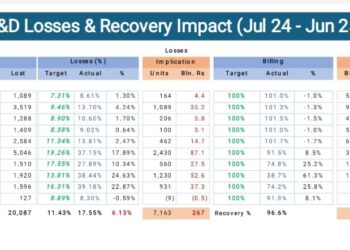ISLAMABAD : The government’s Energy Task Force, headed by Minister for Power Sardar Awais Leghari, is reportedly inching towards revised agreements with Wind Power Plants (WPPs), which have put pressure on the government through diplomatic channels and DFIs, sources told Newzshewz.
According to the proposed deal, the Return on Equity (RoE) in dollars will continue until debt servicing and later to be converted to rupees at the prevailing exchange rate. The indexations will be adjusted according to other negotiated contracts. Additionally, Operation and Maintenance (O&M) savings will be passed on from this point onward.
The sources further stated that curtailment may continue due to system constraints. However, if it persists until year 17, the government will allow rebasing. There is also an effort to push K-Electric (KE) to buy power from renewable sources to reduce curtailment. This implies that KE’s own renewable generation projects may be discarded, which the power utility company is currently resisting.
On March 26, 2025, Minister for Power informed the Senate Standing Committee on Power that there is still resistance from Wind Power Plants regarding the proposed revision of their agreements. His stance was supported by the Chief Executive Officer (CEO) of CPPA-G, Rihan Akhtar.
The British High Commissioner to Pakistan, Ms. Janat Marirrot, held a meeting with the Minister for Power and expressed her government’s concerns over the treatment of Wind Power Projects. The World Bank’s Country Director to Pakistan also arranged a meeting between the Power Minister and his team with development partners, which included representatives from the IMF, ADB, IFC, KFW, the German Embassy, FCOD, UNDP, and AIIB. The Minister assured the participants that all negotiations with IPPs are being conducted in a fair, transparent, and impartial manner, with the right to walk away from these negotiations, resort to arbitration, or opt for a forensic audit as per the terms of their agreements.
The Minister further stated that an extensive and detailed study of power generation is being conducted, which reveals that a least-cost policy was not adopted in the past, but now it will be.
The Senate Standing Committee was informed that there are approximately 40 solar power projects, with varying generation capacities, some of which also face curtailment issues.














